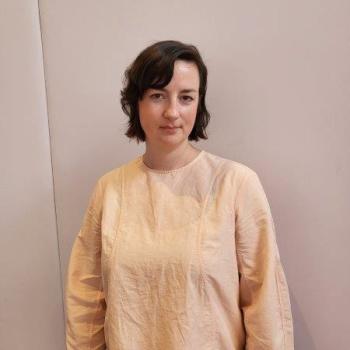Gratitude amidst unease: Interviews with Swedish forensic psychiatric male patients with substance use disorder
BACKGROUND: Forensic psychiatric care (FPC) in Sweden cares for individuals who have been legally convicted of a criminal offense, under influence of a severe mental illness (SMD) and are placed under involuntary care as stipulated by the Swedish Forensic Mental Care Act (1991:1129). Due to Swedish Penal Code, individuals with a severe mental illness are responsible for their criminal actions. Substance use (SU) among patients in forensic psychiatric care (FPC) is of high clinical relevance, since it contributes to increase psychiatric symptoms, violent behaviour, criminal relapse, and prolonged inpatient stay. However, limited insight into substance use disorder (SUD) -consequences and low motivation are frequent hindrances for this patient group to engage in treatment. This study aims to explore the experiences and perspectives of Swedish FPC patients regarding SU and SUD care, encompassing historical, current, and future perspectives, in order to provide appropriate motivational interventions and SUD-care within a FPC - context.
METHODS: Ten male in-patients within four forensic psychiatric care units, were interviewed individually. A semi-structured interview guide was used with questions reflecting the study’s aim and research questions. Qualitative content analysis was used to inductively analyse the participants’ experiences. The Standards for Reporting Qualitative Research (SRQR) were used to report this research study.
RESULTS: A main theme emerged Embracing the dual nature – harmony in opposition. Three categories were generated (i) Unveiling the beginning of SU and its impact on navigating care challenges, (ii) Exploring current confined care: Gratitude Amidst Unease (iii) Yearning for something that resembles a ‘normal’ life. The findings indicated that the patients' SUD experiences were inherently complex, often interacting with a lifelong struggle with various social and comorbid psychiatric problems which need to be considered within FPC SUD-care. These results highlighted important issues to consider for care providers who formulate health plans for this vulnerable subgroup within FPC, a patient group who require specially adapted SUD care, both for their own wellbeing as well as for reducing their risks of committing future criminal acts (i.e., societal protection).
CONCLUSIONS: Participants subjective view of important factors like their life story and hope for better future, their need of safe environment and patient-staff relationships. There is an urgent need for FPC to provide an equal SUD care which, is implemented on a national level, not dependent on local resources, and a clear policy in FPC is recommended where every patient undergoes a specific structural integrated SUD/ comorbidity anamnesis.
